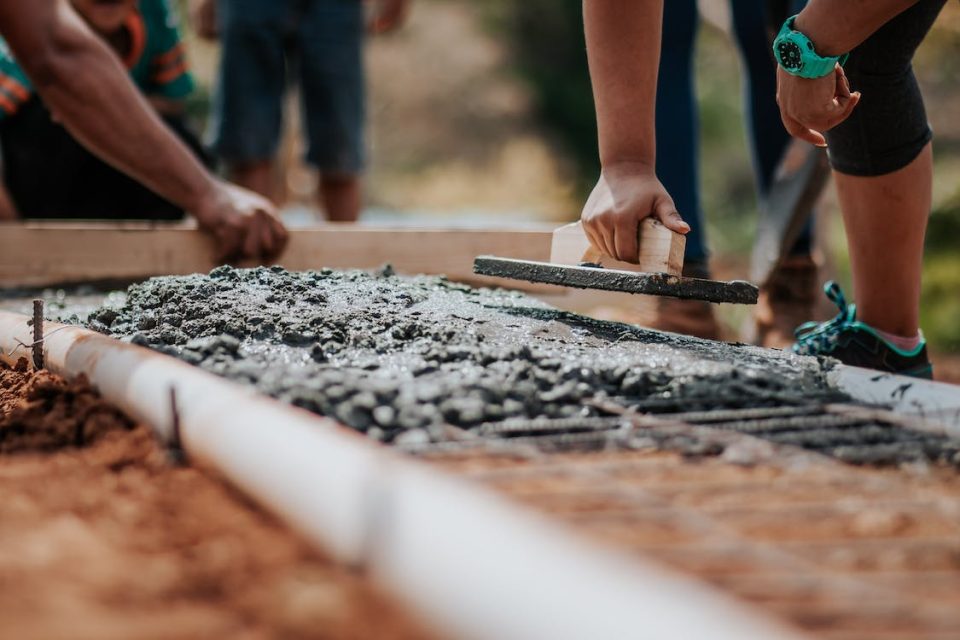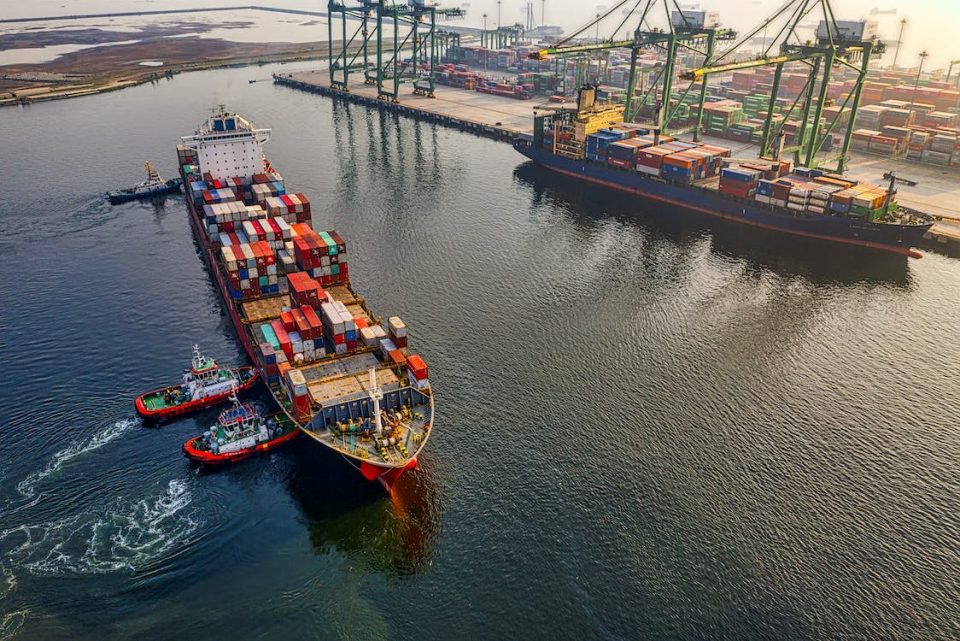
Solar panel systems have become a popular choice for homeowners and businesses looking to generate their own electricity while reducing their carbon footprint. However, like any other system, solar panels require regular maintenance to ensure they continue to function at peak efficiency. In this essay, we will discuss the common maintenance tasks required for a solar panel system on a roof.
Regular Cleaning:
Solar panels require regular cleaning to maintain their efficiency. Dust, dirt, bird droppings, and other debris can accumulate on the surface of the panels and reduce their ability to absorb sunlight. If left uncleaned, the buildup can lead to a significant reduction in power output. Therefore, it is recommended to clean the panels at least once a year, preferably in the spring or fall when there is less sunlight. However, the cleaning frequency depends on the location and climate conditions. For instance, if the panels are located in an area with high levels of air pollution, dust or other environmental factors, they may require more frequent cleaning.
To clean the panels, you should use a soft-bristled brush or a non-abrasive sponge and a gentle detergent. Avoid using harsh chemicals or abrasive cleaners, which can scratch the surface of the panels and cause permanent damage. Also, it is important to ensure that you turn off the solar panel system before cleaning it to avoid electrical hazards.
Inspection of panels and mounting:
Solar panels are mounted on a support structure, typically installed on a roof. Regular inspection of the mounting structure, bolts, nuts and fasteners that hold the panels in place is important to ensure that the system remains secure and stable. The inspection should also check for any cracks, corrosion, or other signs of damage that could compromise the integrity of the mounting structure. If you notice any issues, contact a professional installer to fix the problem.
Similarly, the panels themselves should be inspected to check for any cracks or damage that could impact their performance. Any panels that are damaged should be replaced promptly to avoid further damage to the system.
Monitoring performance:
It is essential to monitor the performance of your solar panel system to ensure that it is operating efficiently. This can be done by checking the system’s output on a regular basis. If you notice a significant drop in power output, it may be a sign of a problem with the system. Other signs of a problem include uneven power production or an increase in your energy bills.
You can also install a monitoring system to track the performance of your solar panel system. These systems provide real-time data on the system’s energy production and can alert you to any issues before they become significant problems.
Checking electrical connections:
Electrical connections are an essential part of any solar panel system. Regularly checking the electrical connections can help ensure that they are tight and secure, reducing the risk of electrical faults or fires. It is also important to check the wiring for any signs of damage, such as fraying or corrosion. Any damaged wiring should be replaced immediately.
Inverter maintenance:
The inverter is an essential component of a solar panel system. It converts the direct current (DC) produced by the solar panels into alternating current (AC) that can be used to power your home. Regular maintenance of the inverter is necessary to ensure that it operates efficiently. This includes checking for any signs of damage or wear and tear, cleaning the fans and vents, and ensuring that the inverter is not exposed to direct sunlight, which can cause it to overheat.
Battery maintenance:
If your solar panel system includes a battery storage system, it is essential to perform regular maintenance on the batteries. This includes checking the battery charge levels, monitoring the water levels in the batteries, and ensuring that the battery connections are clean and tight.
Professional inspections:
In addition to performing regular maintenance tasks, it is important to schedule professional inspections of your solar panel system on a regular basis. A professional inspector can provide a more thorough assessment of your system’s performance and identify any potential issues before they become significant problems. It is recommended to have your solar panel system inspected by a professional at least once every two to three years.
During a professional inspection, the inspector will check the wiring and electrical connections, inspect the mounting structure for any signs of damage, and assess the overall performance of the system. They may also perform a thermal imaging test to detect any hot spots on the panels, which can indicate potential problems with the system.
In conclusion, regular maintenance of a solar panel system is essential to ensure that it operates efficiently and continues to generate clean energy for your home or business. The common maintenance tasks required for a solar panel system on a roof include regular cleaning, inspection of panels and mounting, monitoring performance, checking electrical connections, inverter maintenance, battery maintenance, and professional inspections. By performing these tasks regularly, you can help ensure that your solar panel system operates efficiently for years to come.







